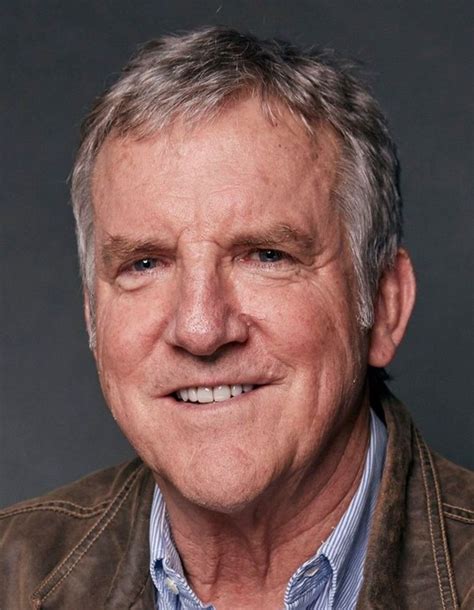A Quote by John F. Lehman, Jr.
We are opening up an enormous new era in archaeology. Time capsules in the deep oceans.
Quote Topics
Related Quotes
Archaeology in general is the recovery and study of the material culture of past civilizations. Biblical archaeology is as an application of the science of archaeology to the field of biblical studies. Through the comparison and integration of Scripture with the evidence of history and culture derived from archaeology, new insights into the biblical context of people and events, and sometimes the interpretation of the text itself, are possible. In this way archaeology serves as a necessary tool for biblical exegesis and for apologetic concerns.
I never found the companion that was so companionable as solitude. [It allows you to] be the Mungo Park, the Lewis and Clark of your own streams and oceans; [to] explore your own higher latitudes; [to] be a Columbus to whole new continents and worlds within you, opening new channels, not of trade, but of thought.
You never stop the measuring process because these are oceans that are so deep that they have no bottom, and it takes a long time to know that. It only goes to a higher place after you've gone to the depths where you think there's a bottom - and when you find out that there is no bottom, it just rises up into this plume of euphoria.
Much of the attention on oceans has portrayed oceans as a villain. Warm water strengthened Hurricane Katrina that pounded Louisiana. Rising sea level will flood islands and coastal areas. Or, we're talking about new opportunities like a new shipping lane in the Arctic because of melting sea ice. These may be the obvious problems, but they're probably not the biggest ones.


































